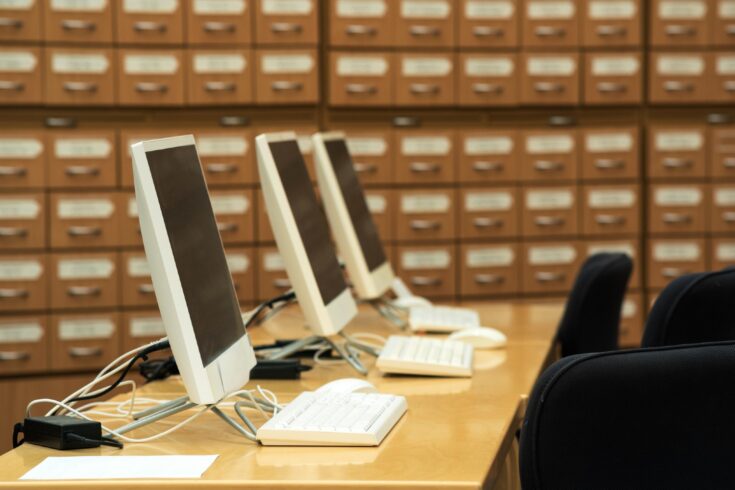The development of digital tools and methods has transformed research in the arts and humanities, shaping the questions scholars ask, the knowledge they produce, and the ways in which they collaborate.
Founded in 2010 as the first organisation in the world dedicated to the role of software in research, the Software Sustainability Institute has played an important role in supporting this shift.
Promoting best practice
It promotes best practices around research software through a combination of training, research, and the development of communities of practice.
In addition, the institute advocates for recognition of the people who develop and maintain research software, data, and infrastructure, highlighting their vital contributions to scholarship and embodying its motto: ‘better software, better research’.
Building on this aim, the SSI Fellowship Programme focuses on promoting good computational practices across all research disciplines and supporting those who carry out this essential work.
Through a combination of financial support, mentoring, networking, and training, the programme empowers fellows to become recognised as ambassadors of best practices within their own institutes and disciplines.
In doing so, they not only extend SSI’s impact, but also provide valuable feedback to the Institute and its funders on emerging challenges, priorities, and needs within the wider research software community.
Examples of 2025 fellows’ work in the arts and humanities
Godwin Yeboah
Godwin is establishing a community of digital humanities research software engineers in the Midlands. This will strengthen regional collaboration and build long-term infrastructure that ensures arts and humanities researchers can access the expertise needed to sustain ambitious digital projects.
Milena Dobreva
Milena is building a community of practice focused on ‘collections as data’. This provides guidance on sustaining software tools that support digitised collections and enabling cultural heritage organisations to make their data accessible and reusable for research and public engagement.
Nicky Nicolson
Nicky is creating a community of practice around digital specimen data. This will accelerate taxonomic research and protect plant species from environmental threats, as well as strengthening links between humanities, natural history collections, and environmental stewardship.
Phil Reed
Phil is expanding the Research Software Engineering Competencies Toolkit for the digital humanities and galleries, libraries, archives and museums sectors. This will ensure researchers and professionals can improve their use of digital tools and help to bridge the skills gap while supporting cultural institutions in the digital era.
See an overview of all the 2025 Fellows and their plans.
Training and research
Beyond the fellowship programme, the SSI provides a wide range of training, support, and activities to help researchers incorporate digital methods and best practices into their work.
These include annual events such as the collaborations workshop, where researchers, developers, and policymakers come together to exchange experiences and work on solutions. As well as the research software camps, which provide hands-on training in computational methods and research software skills.
In addition, the SSI maintains a rich hub of resources, including:
- guides
- reports
- case studies
- practical tools designed to support best practices in research software
As part of its research and policy work, the SSI and its fellows have contributed to a range of reports on digital research in the arts and humanities:
- Sustaining the UK Digital Humanities Landscape, commissioned by the SSI (2020)
- The report on the Arts and Humanities Research Council (AHRC) digital/software requirements survey, commissioned by AHRC (2021)
- Shaping data and software policy in the arts and humanities research community, commissioned by AHRC (2022)
- Towards a National Research Software Engineering Capability in Arts and Humanities Research: a Roadmap, commissioned by UK Research and Innovation and AHRC
Join the SSI Fellows community
The SSI Fellowship Programme offers individuals an opportunity to develop their skills, gain recognition for their work, network with like-minded people, and contribute to best practices across the arts and humanities and wider research software community.
Fellows not only advance their own work but also provide valuable insights to SSI and its funders, helping to shape the future of the research software community.
The SSI Fellowship Programme is for individuals who are:
- keen to share computational expertise
- receive financial support
- network with peers
- become recognised as ambassadors of good practice
In exchange the programme provides the training, mentorship, and support needed to excel in today’s fast evolving digital research landscape.
The deadline for applications to the 2026 cohort is 6 October 2025. See more information about the SSI Fellowship Programme and how to apply.




